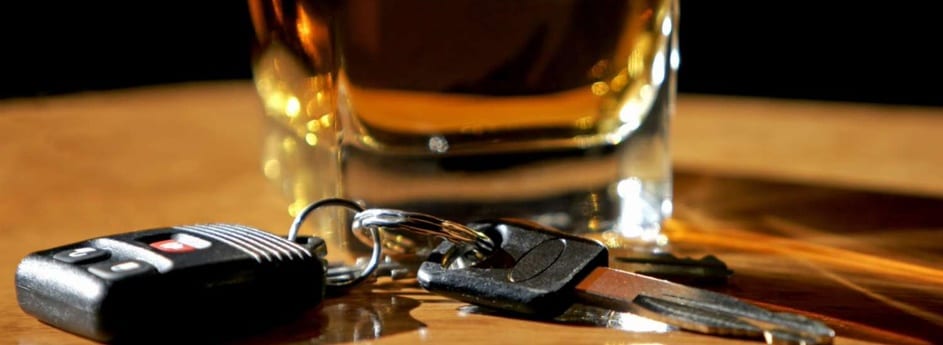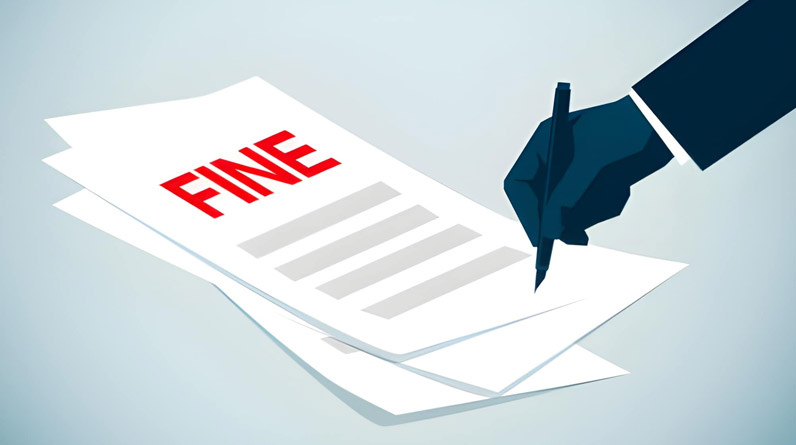The offense of driving while intoxicated (DUI) has serious financial, legal, and personal consequences. Many individuals still have false beliefs about how DUI cases are handled in spite of this. People often misinterpret their rights and alternatives or underestimate the gravity of the allegations as a result of these fallacies. DUI attorneys assist clients in comprehending the realities of dealing with a DUI charge by clearing up these myths. These are some of the most widespread misconceptions about incidents of drunk driving, coupled with information that dispels them.
Myth 1: You Cannot Be Arrested If You Pass the Field Sobriety Test
The idea that passing a field sobriety test ensures you won’t be arrested is among the most widespread misconceptions. In practice, cops consider a number of variables before making an arrest. Field sobriety tests are often subjective, and things like anxiety, health issues, or even dim illumination might affect the findings. The police may still arrest you based on further findings, such as the smell of alcohol, slurred speech, or erratic driving, even if you think you “passed.” In court, a DUI attorney in Gilbert may then contest the accuracy of these findings.
Myth 2: Breathalyzers Always Get It Right
A common misconception is that breathalyzers are perfect. Despite their widespread usage, these devices are not flawless. To provide correct results, they need to be calibrated and maintained on a regular basis. Readings may be impacted by incorrect calibration, operator mistake, or certain medical conditions. Results may sometimes be distorted by oral alcohol from recent drinking, as well as by certain meals and drugs. Lawyers often examine breathalyzer evidence, and contesting its veracity is a typical defense tactic.
Myth 3: You Have To Respond To All Police Inquiries
Another myth is that you have a legal duty to respond to every question that the police ask you while conducting a DUI stop. Actually, you are not obliged to respond to inquiries that may be seen as incriminating, such as “How much have you had to drink?”, but you are obliged to provide basic identifying information, including your name and driver’s license. One way to avoid self-incrimination is to politely use your right to silence. Attorneys often stress that whatever you say on the side of the road might be used against you in court.
Myth 4: First-Time DUI Offenses Are No Big Deal
Because they think they would just get a warning or a modest fee, several drivers think that a first DUI arrest is not significant. Nothing could be farther from the truth than this. Even a first-time DUI in Arizona entails significant penalties, license suspension, and obligatory prison time. Additionally, a DUI conviction leaves a permanent criminal record that might affect one’s career, insurance rates, and professional licensure. For this reason, even for a first offense, it is essential to hire a qualified DUI attorney.
Myth 5: It’s Unfair To Face DUI Charges
Many people think that if you are caught for DUI, you will almost certainly be found guilty. Experienced DWI lawyers are aware that DUI cases are very fact-specific, nevertheless. They often include procedural restrictions, technical evidence, and constitutional safeguards that might be advantageous to the defendant. The case can be dropped, for instance, if testing equipment was not kept up to date or if police did not have sufficient suspicion to halt. When a lawyer looks closely at the facts, many DUI cases are effectively fought and are by no means unwinnable.
Local Perspective: The Significance Of Representation In Gilbert
Residents in Gilbert who are accused of DUI should be aware that local judges, prosecutors, and courts may handle these cases differently. A lawyer with knowledge of the local legal system might provide perspectives that a generic defense counsel would not be able to offer. This local expertise is often essential in developing a defense plan that is customized to the particulars of the case.
Conclusion
Myths surrounding DUI cases might cause defendants to make bad decisions. These misunderstandings may be expensive, ranging from overestimating the precision of breathalyzer testing to underestimating the seriousness of first charges. People may successfully safeguard their rights and distinguish reality from fiction by speaking with an experienced DUI attorney. The secret to effectively navigating the court system is knowing the facts regarding DUI legislation and getting the right counsel, regardless of whether this is your first arrest or a repeat violation.



